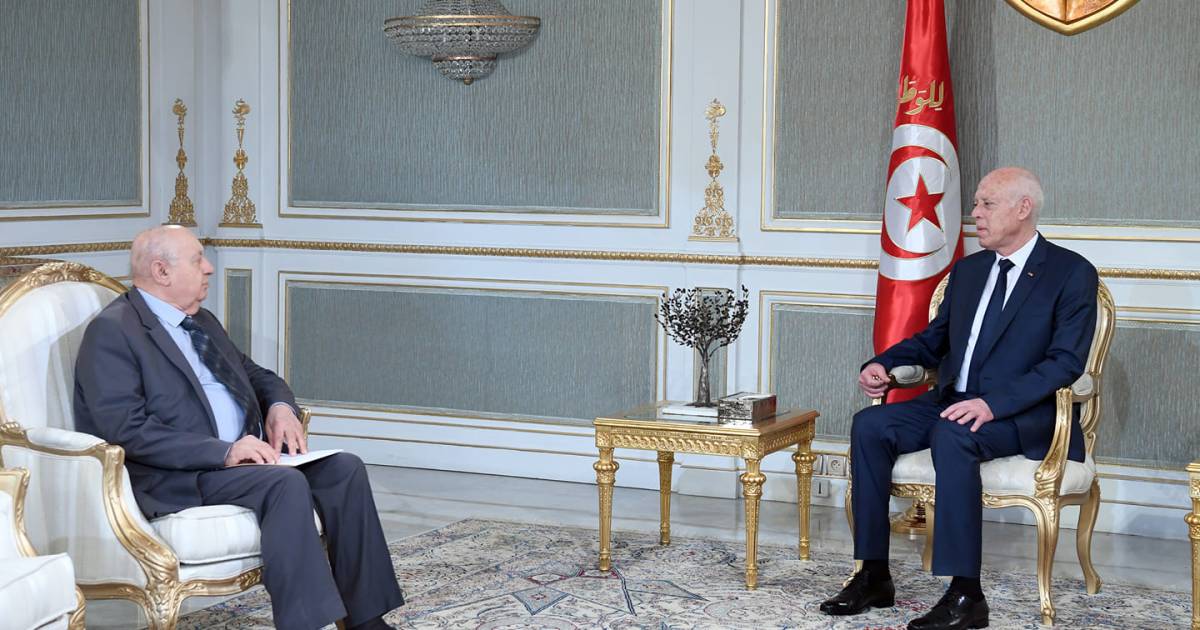The French Press Agency quoted Sadiq Belaid, coordinator of the National Consultative Commission for the Preparation of the New Constitution in Tunisia, that he will present to President Kais Saied a draft that will not stipulate that Islam is the state religion, with the aim of confronting parties with Islamic reference such as the Ennahda movement.
Belaid, a university professor specializing in constitutional law, said - in an interview with the agency on Monday - that "80% of Tunisians are against extremism and against the use of religion for political goals. This is exactly what we will do, and we will simply amend the current formula for the first chapter."
In response to a question whether this means that the new constitution will not include a mention of Islam as a reference, Belaid replied, "There will not be."
"There is the possibility of erasing the first chapter in its current form," Belaid said.
The first chapter of Chapter One of the General Principles of the 2014 Constitution states that “Tunisia is a free, independent and sovereign state, with Islam as its religion, Arabic as its language, and the Republic as its system.”
Tunisian President Kais Saied suspended work on large parts of the 2014 constitution at the end of last September.
On May 20, Saied decided to assign Sadiq Belaid, 83, to supervise a body to prepare a draft of the "new republic" constitution, to be considered by the president.
Said and Belaid goals
Belaid believed that the intent of not mentioning Islam is to confront political parties that take religion as a reference - according to his description - such as the Ennahda movement, which has the largest blocs in the parliament that Said dissolved.
Belaid - who taught Said at the university - said that "if religion is used for political extremism, we will prevent it."
"We have political parties with dirty hands, French and European democrats, like it or not, we do not accept dirty people in our democracy," he added.
He continued, "Ennahda and other parties serve many foreign powers, states or states that own a lot of money and want to spend it as they like, and use it to interfere in the affairs of states... This is treason."
On Saturday, the committee headed by Belaid launched a national dialogue in which the majority of the country's major parties and unions refused to participate.
The deans of the faculties of law and political science also refused to join the committee.
A popular referendum on the new draft constitution is scheduled for July 25.
Tunisia has been experiencing a severe political crisis since last July 25, when Said began imposing exceptional measures, including freezing the powers of Parliament - which he decided to eventually dissolve - and dismissing the government and appointing others, and issuing legislation through presidential decrees.
Saeed is facing increasing internal and external criticism accusing him of seeking to consolidate one-man rule, but he pledged to go ahead with his plan to establish a "new republic", as he put it.
Tunisian judges began a general strike in all courts, starting from Monday, for a period of one week, subject to renewal.
The judges went on strike to protest Saied's decision to dismiss 57 judges, which the Tunisian Judges Association considered a blow to the independence of the judiciary and a violation of judges' rights.

